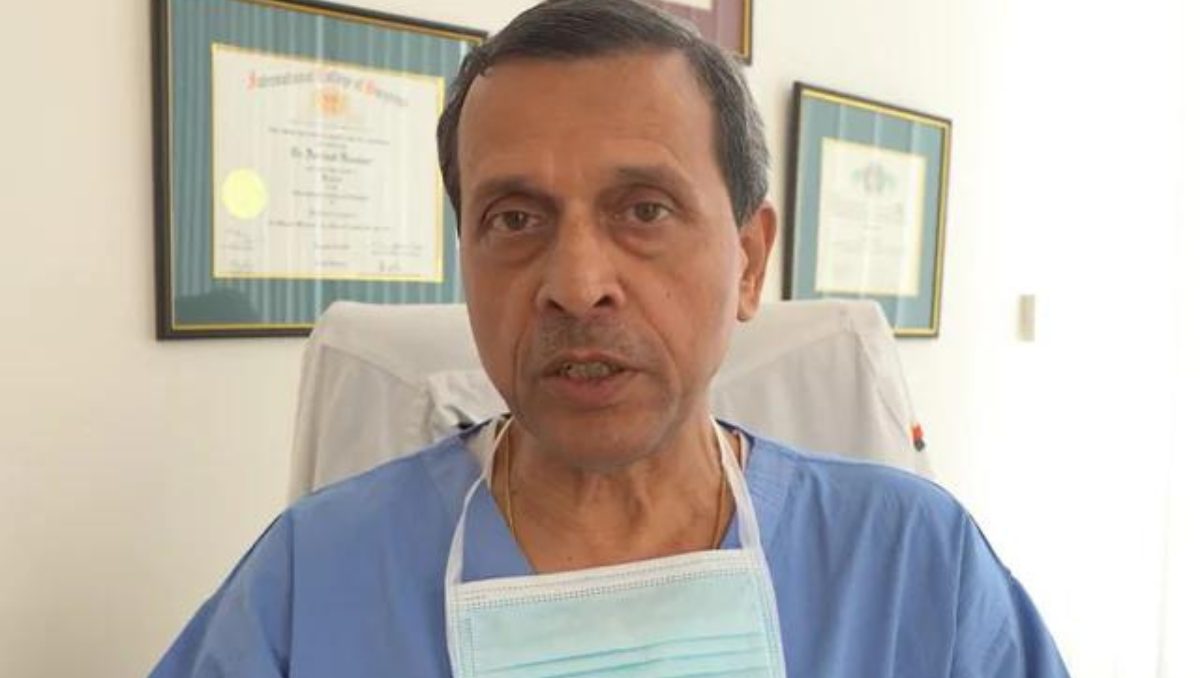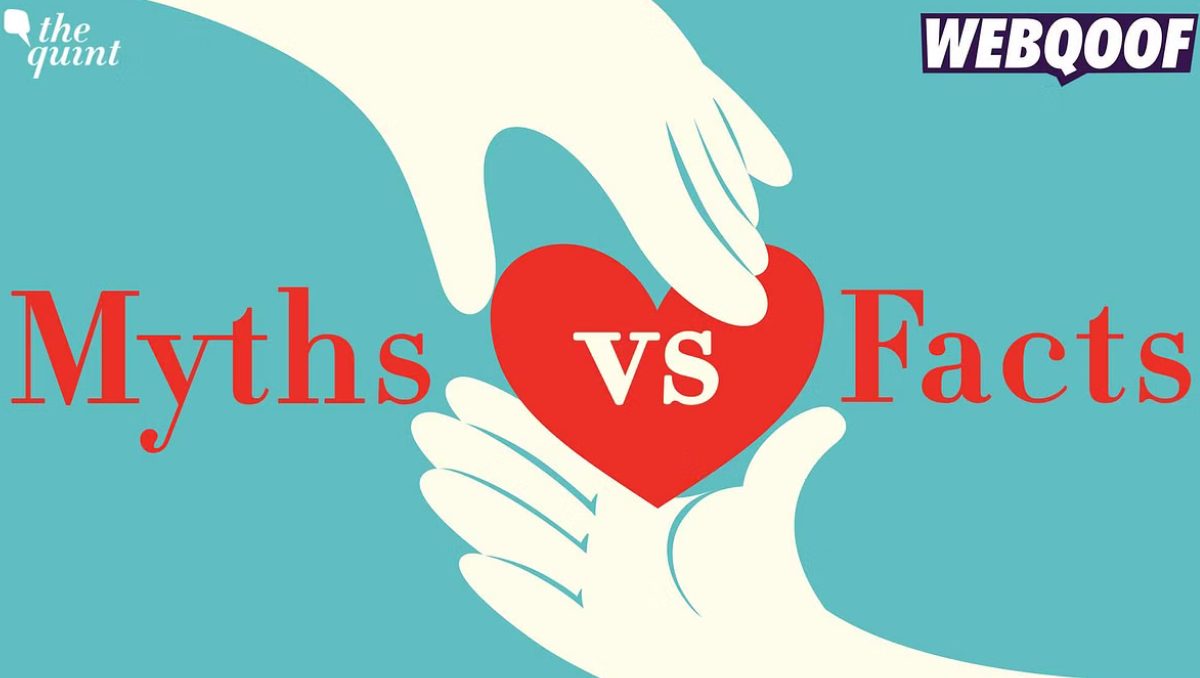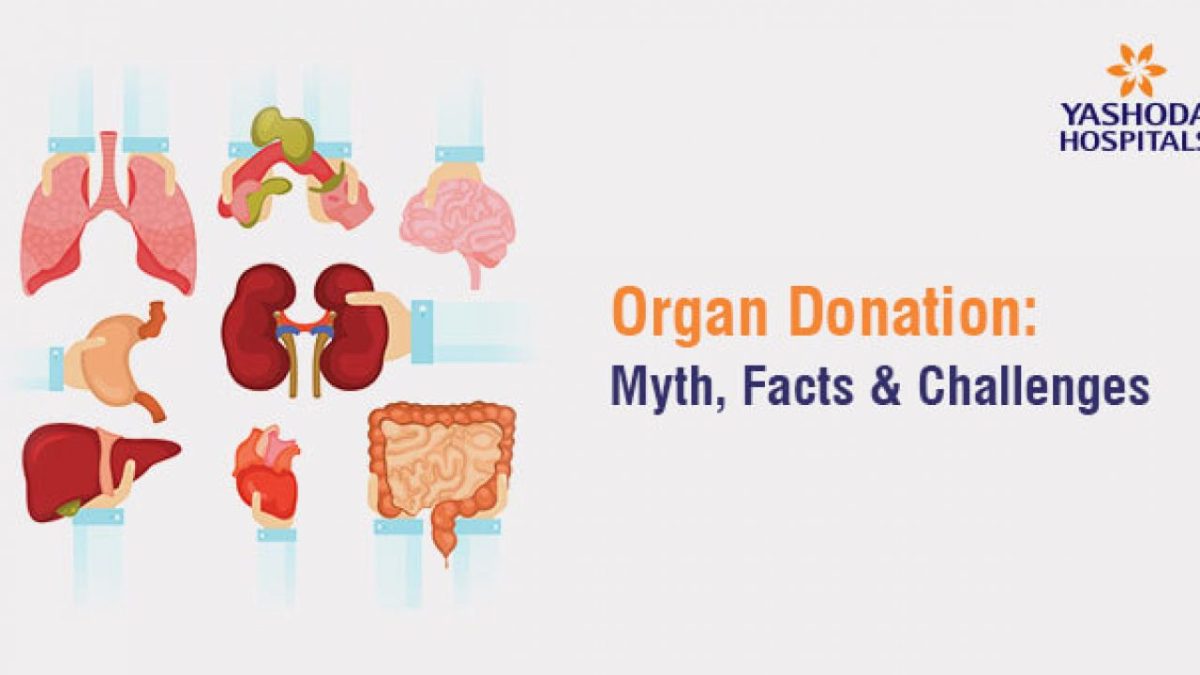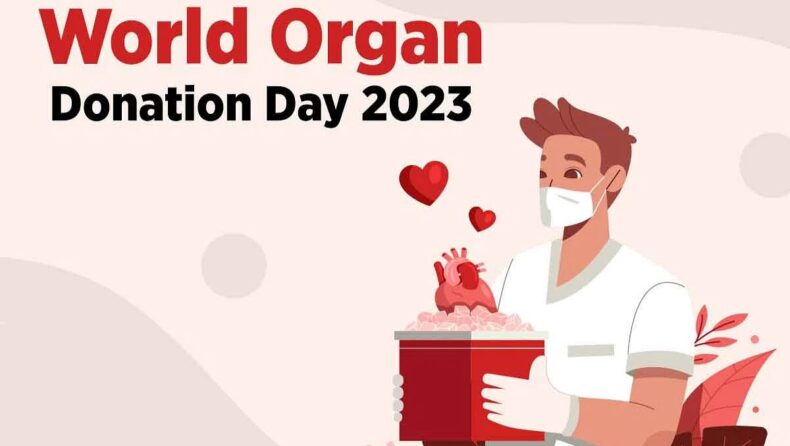Organ Donation Day is a sombre reminder of India’s urgent need for organ donors. The nation continues to struggle with a severe lack of organs that are available for transplant despite several programmes and campaigns to increase organ donation rates. On this occasion, we examine the complex factors that contribute to India’s lack of organ donation and refute the fallacies that obstruct advancement in this vital undertaking.
Table of Contents
The Organ Donation Dilemma in India

Since there are a lot of people in India, there should be a lot of organ donations and transplants. “But if we compare it with the Western countries, our numbers are abysmally low,” says Dr Arvind Kumar, Chairman, Institute of Chest Surgery – Chest Onco Surgery and Lung Transplantation, Medanta, Gurugram.
The lack of organs available for transplant in India is a complicated problem caused by a number of variables. The renowned transplant surgeon Dr Kumar clarifies the seriousness of the circumstance. According to her, there is an alarming discrepancy between the demand for organs and the pool of qualified donors in India. Every year, numerous avoidable fatalities occur as a result of the difference in this ratio.
The lack of an extensive dead organ donation programme is one of the main barriers to solving this situation. India does not have a reliable system in place for obtaining organs from dead donors, in contrast to certain Western countries. Dr Kumar emphasises that because of this deficit, many patients are forced to rely on living donors, which presents its own set of moral, medical, and practical issues.
How Organ Donation is Encouraged in the West
The Western world achieved this by having its leaders and celebrities—whether they be members of the entertainment industry, athletes, well-known public figures, or others—come forth and start discussing this problem in all forums that were open, which sparked interest. Dr Kumar elucidates.
The second thing that many Western nations did was to incorporate this into the application procedure for a driving licence. “We were just in Canada and we learnt that if you apply for a driving licence, you are also issued a donor card. It’s expected that you experience it. There will be a counsellor available to offer advice and address your concerns. Most individuals decide to donate and sign up as donors after they obtain their driver’s licence.
“Some who refuse are counselled a second, third, and fourth time, and the majority change their minds and agree. Few people who continue to refuse are informed that they will be at the bottom of the waiting list should they ever need an organ, which means they are unlikely to get one. This serves as further shock and causes them to change their minds, making all people with a licence donor.
Debunking Myths Surrounding Organ Donation

Potential donors’ resistance is substantially influenced by misinformation and misunderstandings about donation. Several widespread misconceptions need to be dispelled:
Myth: Organ Donation Disfigures the Body
Reality: Organ donation is a careful procedure handled by qualified medical personnel. Donors are given the highest respect, and surgical operations are carried out precisely and delicately in order to reduce any effects on the donor’s look.
Myth: Rich and Influential Individuals Receive Priority for Organ Transplants
Reality: Medical need, compatibility, and waiting list length are taken into account while allocating organs. Priority is determined by factors other than socioeconomic level; a fair and open system is in place.
Myth: Organ Donation Conflicts with Religious Beliefs
Reality: Organ donation is a selfless act that is supported and endorsed by the majority of major faiths. Religious leaders from several religions have spoken in favour of the practice as a show of charity and compassion.
Myth: Doctors May Withhold Efforts to Save Organ Donors’ Lives
Reality: Medical practitioners’ dedication to saving lives is unshakable. Only after all other options for saving a person’s life have been tried is organ donation considered.
Myth: Children and Elderly Individuals Cannot Donate Organs
Reality: Medical standards, not only age, are used to determine an organ’s appropriateness. Potential organ donors include young people and the elderly.
Myth: The organ Donation Process is Overly Complex
Reality: Becoming a registered organ donor is a simple procedure. There are internet venues in several nations, including India, where people may declare their desire to provide.
Tackling Challenges and Cultivating Awareness

Dr Kumar emphasises the essential need for focused awareness initiatives in addressing the organ scarcity situation. According to her, “Educating the public through well-structured initiatives is key to dispelling myths and clarifying misconceptions.” She also emphasises the necessity of improving infrastructure and continuing medical education to speed up organ retrieval and transplantation.
In order to overcome the issue of organ scarcity, government assistance is essential. According to Dr Kumar, legislative changes and rewards for dead organ donation may encourage more people to volunteer. Transparent organ allocation procedures, more financing for transplant facilities, and improved inter-hospital cooperation can all help to save many lives.
We must acknowledge that organ donation is a selfless act that has the power to change lives on this Organ Donation Day. As Dr Kumar puts it, “We can break down barriers, change perceptions, and elevate organ donation to a revered and common practice in India by fostering awareness, dispelling myths, and fostering a culture of empathy.”
Let’s make a collective commitment to busting misconceptions, spreading knowledge, and fostering a community that values compassion and cooperation as we observe Organ Donation Day. By doing this, we may aim to make everyone’s future healthier and more promising.













